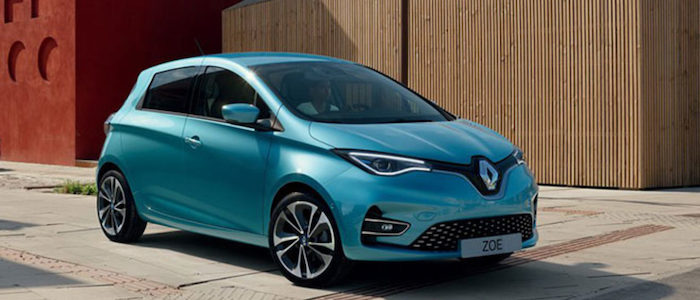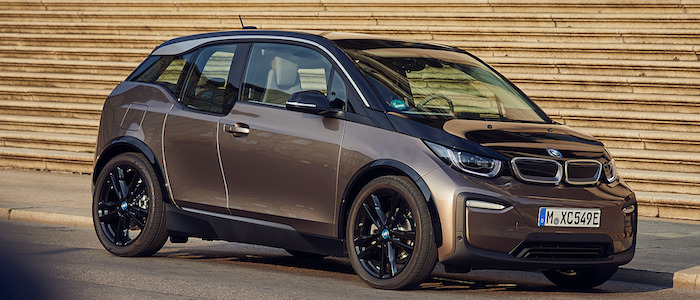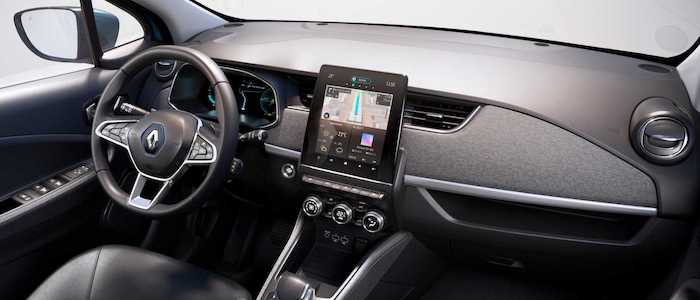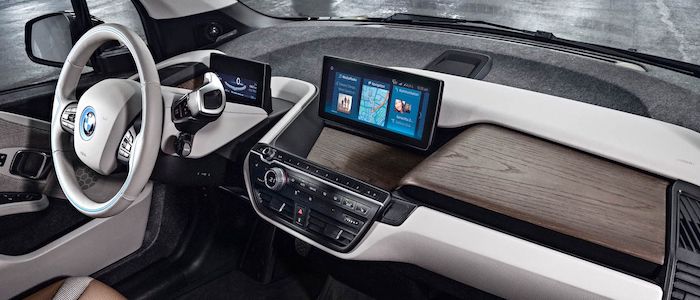Compare two cars
Compare any two cars and get our Virtual Adviser™ opinion
Dimensons & Outlines
Check vehicle history
Engine
Performance (manual gearbox)
Performance (automatic gearbox)
Expenses
Virtual Adviser's™ opinion
Two significantly similar cars, no doubt about that. Still, each one has something different to offer. Having both cars powered by electric engines and utilizing the 5-door hatchback body style within the same 'City car' segment, the only major difference here really is their wheel drive configuration (front for the Renault and rear in the case of the BMW). The first one has a Renault-engineered powertrain under the hood, a PMSM Electric unit in formation 1 / 0 with 108hp unit, while the other one gets its power and torque from a PMSM Electric unit in formation 0 / 1 with 170hp engine designed by BMW.
SafetyThe first thing to look into here would be the results from European New Car Assessment Programme (Euro NCAP) tests performed on the two cars. Good thing is that both vehicles got tested, with the BMW showing an incomparably higher level of safety offered. Moving further on, let's take a closer look at some additional safety-related facts. Both vehicles belong to the city car segment, which is generally not a very good thing safety-wise, still it doesn't help us solve our dilemma, does it? Furthermore, taking kerb weight as an important factor into account, the French car offers a considerable difference of 14% more metal.
ReliabilityManufacturers have been building their reliability reputation for decades now and, generally speaking, it appears that Renault as a brand displays somewhat better results, when all the models are taken into account. These are the official statistics, while our visitors describe reliability of Renault with an average rating of 4.2, and models under the BMW badge with 4.1 out of 5. Unfortunatelly, I don't have enough insight that would allow me to comment in more details on the specific models level. Above it all, drivers of cars with the same engine as the French car rank it on average as 3.0 out of 5, exactly the same as the other one.
Performance & Fuel economyBMW is way more agile, reaching 100km/h in 4.1 seconds less than its competitor. In addition to that it accelerates all the way to 150 kilometers per hour, 10km/h more than the other car. When it comes to fuel economy things look pretty much the same for both cars, especially if you take into account all the free charging points provided by the manufacturer and/or the local government's environmental programs. One of the essential things to consider when it comes to this type of vehicles would be range, although here it's more or less the same, orbiting around 310 kilometers on a single charge.
Verdict
Renault appears just a bit more reliable, although the difference is truly marginal. The most important thing when deciding between any two vehicles should always be safety, both passive and active. In my opinion, everything taken into account, the German car beats the other contender by far, making it the best choice without even considering other things. It all continues in the same direction, with BMW outracing its opponent in any situation possible, making it better choice for boy racers. The German car offers somewhat better range. All together, there's not much more to say, in this case I wouldn't even consider anything but BMW. In any case that's my personal view, built upon all the data available to me. What should decide here though is the way you feel about the two vehicles, and I hope you'll find my guidelines useful in the process. In case you have two minutes to spare I invite you to define your needs, desires and budget and see which car would be chosen by the virtual adviser™, among more than 12.000 different ones in our database.































